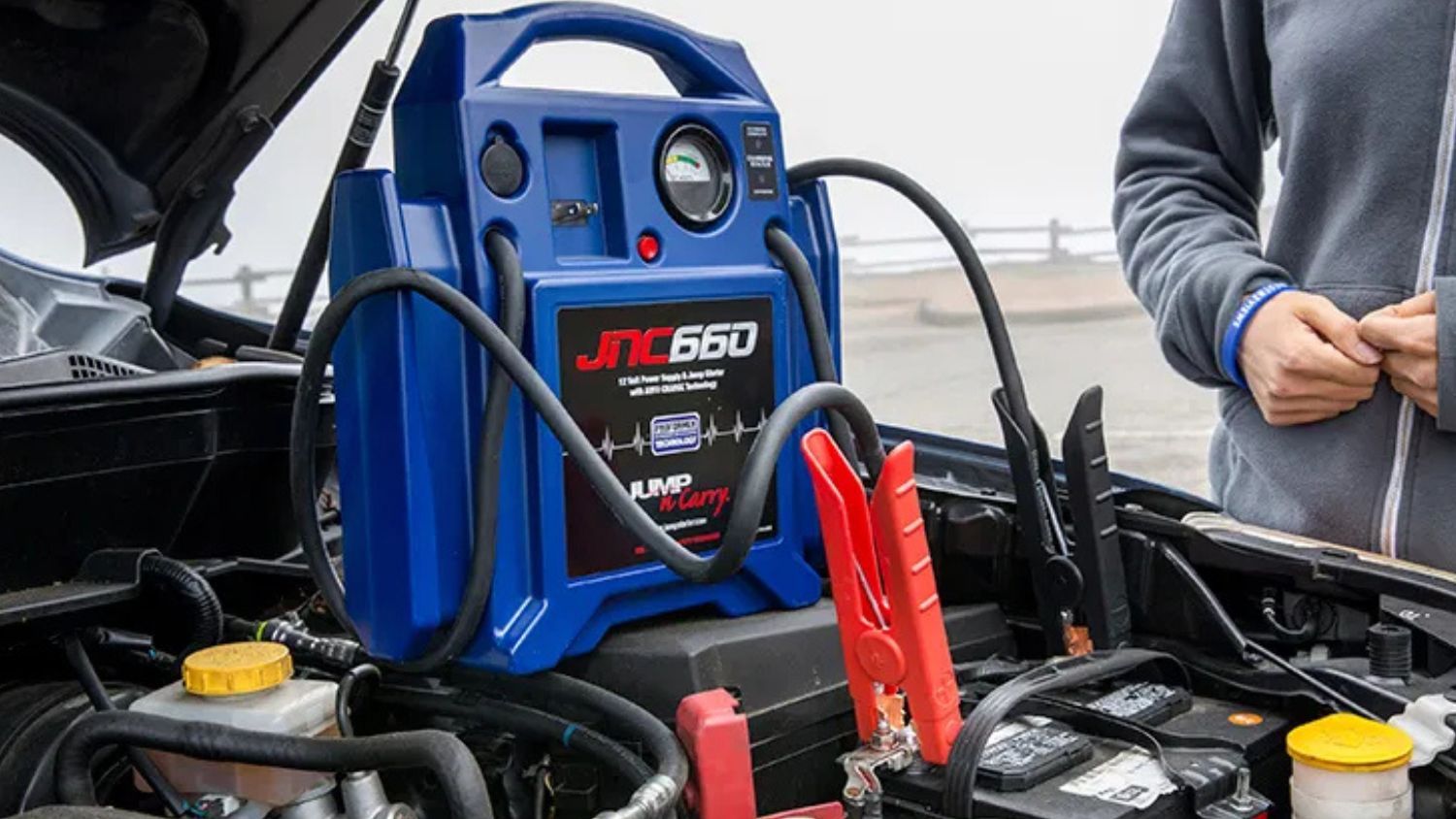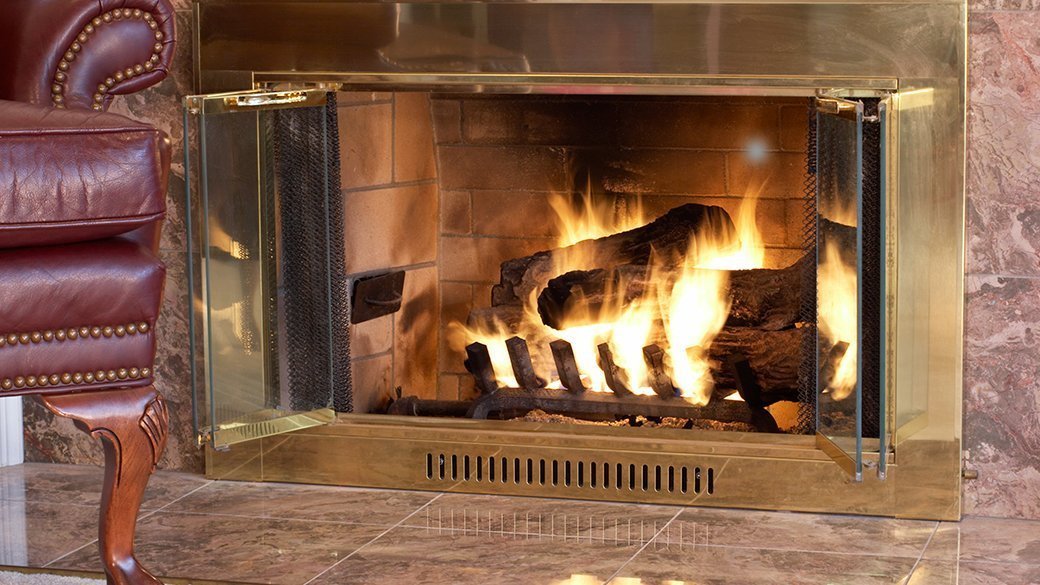GRAND RAPIDS, Mich. (WOOD) — An auto expert says many local suppliers in West Michigan will feel the impact of declining electric vehicle sales and scaled-back production.
There are at least 100 suppliers in the region that produce critical parts for traditional or electric vehicles.
“They’re our friends and neighbors,” said Mike Wall, an auto analyst with S&P Global Mobility. “It’s literally all throughout the West Michigan landscape.”
Automakers have scaled back their investments in electric vehicles and battery plants as sales remain slower than expected.
This week, General Motors announced it would sell its stake in an EV battery factory in Delta Township, west of Lansing. It had been awarded millions in state incentives. A different company, LG Energy Solution, will finish and run the factory instead.
“It’s a reflection of the fact GM’s saying we don’t need necessarily all this battery capacity if the prevailing assumption is that EV adoption is going to stage out further,” Wall said. “It’s going to take longer to ramp up that full embrace of electric vehicles.”
This summer, the state scaled back its incentives package for a battery plant near Marshall, citing a slowdown in the EV market.
The federal government has aimed to have 50% of all new light-vehicle sales be electric by 2030. But Wall says by the end of this year, only 9% of sales are projected to be for electric vehicles.
“It’s still not to where again where automakers hoped and legislators had hoped it would be,” he said.
President-elect Donald Trump has also talked about ending federal EV subsidies and vehicle carbon emission regulations when he returns to office next year. Automakers had ramped up EV production to meet future Environmental Protection Agency standards requiring a majority of new vehicles to be electric by the 2032 model year.
“Clearly, we’ve seen kind of a failure to launch to keep up with those very high expectations from two to three years ago,” Wall said.
Wall says many local suppliers have invested time and money toward building parts for EVs. With sales not living up to expectations, they may have to switch gears.
“They have to,” he said. “It’s kind of that fight for survival. You have to when you’re faced with an industry that went down marching this electrified path.”
Suppliers build parts like brackets, exhaust flanges and other things that go into internal combustion vehicles. Some focus on engine or transmission components, while others specialize in technology. When it comes to EVs, suppliers build parts like battery trays and battery separators, Wall explained. Other suppliers focus on tool and die manufacturing.
Wall said it’s possible there will be “select and targeted” layoffs at some suppliers next year but doubted it would be widespread.
“It may not manifest as significantly in West Michigan because suppliers are fairly diversified,” he said. “They’re quoting on business amongst a wide variety of automakers and propulsion types. That provides some protection on that front.”
He added that West Michigan suppliers are resilient and have historically adjusted with an evolving industry.
“I’ve seen this through decades of seeing downturns within the industry, how these suppliers have course-corrected and adjusted to survive,” he said. “I think we’re going to see that again and again.”









